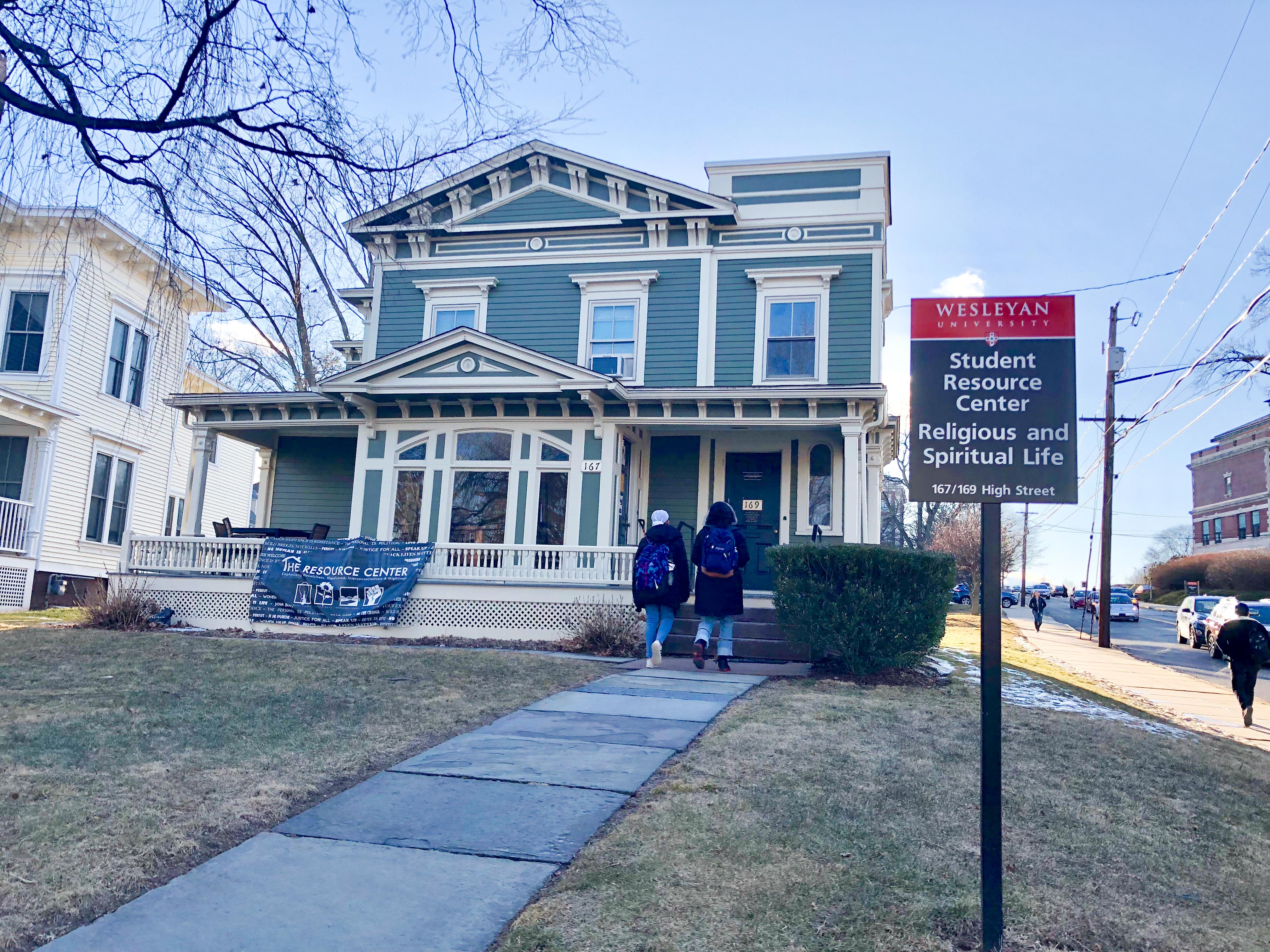
Ava Nederlander, Contributing Photographer
The results of the University Resource Center (RC)’s survey, conducted at the beginning of February, have come out and are largely positive. The RC, which was established in September 2017 in response to student activism—namely the #IsThisWhy campaign in 2015—has been tasked with providing resources and support for students from marginalized identity groups. Moving forward, the RC will take the feedback from the survey into account as it looks to improve its services so that it can better serve underrepresented students on campus.
The RC’s survey consisted of both rating questions and free response questions. A portion of the rating questions asked about the RC’s community-specific programming. The percentages of students that agreed or strongly agreed that the RC has done a great job collaborating with students on social justice and activism programming (78 percent), intersectional and multicultural education and awareness initiatives (77 percent), and underrepresented student community advocacy and development (75 percent) highlighted the positive responses students had to these types of programming.
“I was pleasantly surprised at how overwhelmingly positive the results were,” RC Social and Political Activism intern Nathan Mullen ’20 wrote in an email to The Argus. “That is not to say that I was expecting a flood of scathing critique or anything, but mostly I was happy to see that the efforts of the Resource Center are making a real and measurable impact with students.”
The survey also asked about the RC’s general impact on the student body. Many of the survey’s 72 respondents acknowledged both the presence of the RC as a safe space and the ways in which the Center works with and for students on campus. When asked if they agreed that the RC had done a great job supporting, empowering, and engaging students with underrepresented and marginalized identities, 80 percent of respondents agreed or strongly agreed. When asked if they agreed that the RC has positively impacted resource-sharing and coalition-building amongst underrepresented student populations on campus, 81 percent of respondents agreed or strongly agreed. The percent of respondents agreeing or strongly agreeing that the RC has made a positive impact on matters related to intolerance and inaccessibility in regards to social identities and human differences on campus was 76 percent, and the percent of respondents agreeing or strongly agreeing that the student and professional staff at the RC has worked collaboratively with students and administrators to address the impact of injustice and inequity on the experience of underrepresented and marginalized students at Wesleyan was 76 percent.
When asked what they enjoyed about the RC, several students wrote that they enjoyed the safe, accepting space that the RC offered. Mullen pointed out that RC’s physical resources for low-income students (such as the RC’s food pantry, supply of feminine products, and textbook library) were the most strongly supported in these responses, since they were the most tangible and well-advertised.
Students were also asked about suggestions for improving the Center. Several responses highlighted programming ideas for specific student groups they felt had not been adequately serviced. Director of the Resource Center Demetrius Colvin said that many of the responses helped the RC gain a more in-depth understanding of issues it was already aware of.
“[W]e already knew that with our programming model, students who don’t already have vocal community leaders to collaborate on programming weren’t being serviced by the Center adequately, but the feedback gave us more of direction/confirmation on specifically which populations were underserved,” Colvin wrote in an email to The Argus.
Looking toward the future, workers in the RC spoke to the need for more staff, specifically full-time program coordinators for the Race, Ethnicity, and Nationality; Gender and Sexuality; and Socioeconomic Status and Disability focus areas. RC Socioeconomic Status and Disability intern Jasmine Jason ’20 pointed out how, because the RC is supposed to serve as both a multicultural center and a student resource center, it inherently has an incredibly large amount of work and programming to cover, and this is made even more difficult with only one full-time staff member.
“The best solution would definitely be more trained staff, so students can not only feel equipped with the oversight to handle these issues, but so when students graduate, there is still someone there who has seen the efforts, knows what works and what doesn’t, and has a lasting relationship with administration to rely on,” Jason said.
Mullen echoed Jason’s sentiment, emphasizing the need for full-time staff members rather than more student interns.
“Demetrius, while he may be a superstar, is only one person; even a large cohort of student employees cannot hope to accomplish all the work that—let’s face it—is supposed to be done by full-time professionals,” Mullen elaborated. “It’s great that our current offerings are being received well, but if we want to expand those services and support more programming (particularly around accessibility and supporting indigenous community members), we need more than just student workers.”
As the RC moves into the conclusion of its second year on campus, Jason spoke to the need for students to continue advocating for the RC for it to be able to better serve students.
“The Resource Center came into being because students fought for it, and so long as students continue to fight for it, it can continue to grow,” Jason said.
Jocelyn Maeyama can be reached at jmaeyama@wesleyan.edu.
Comments are closed